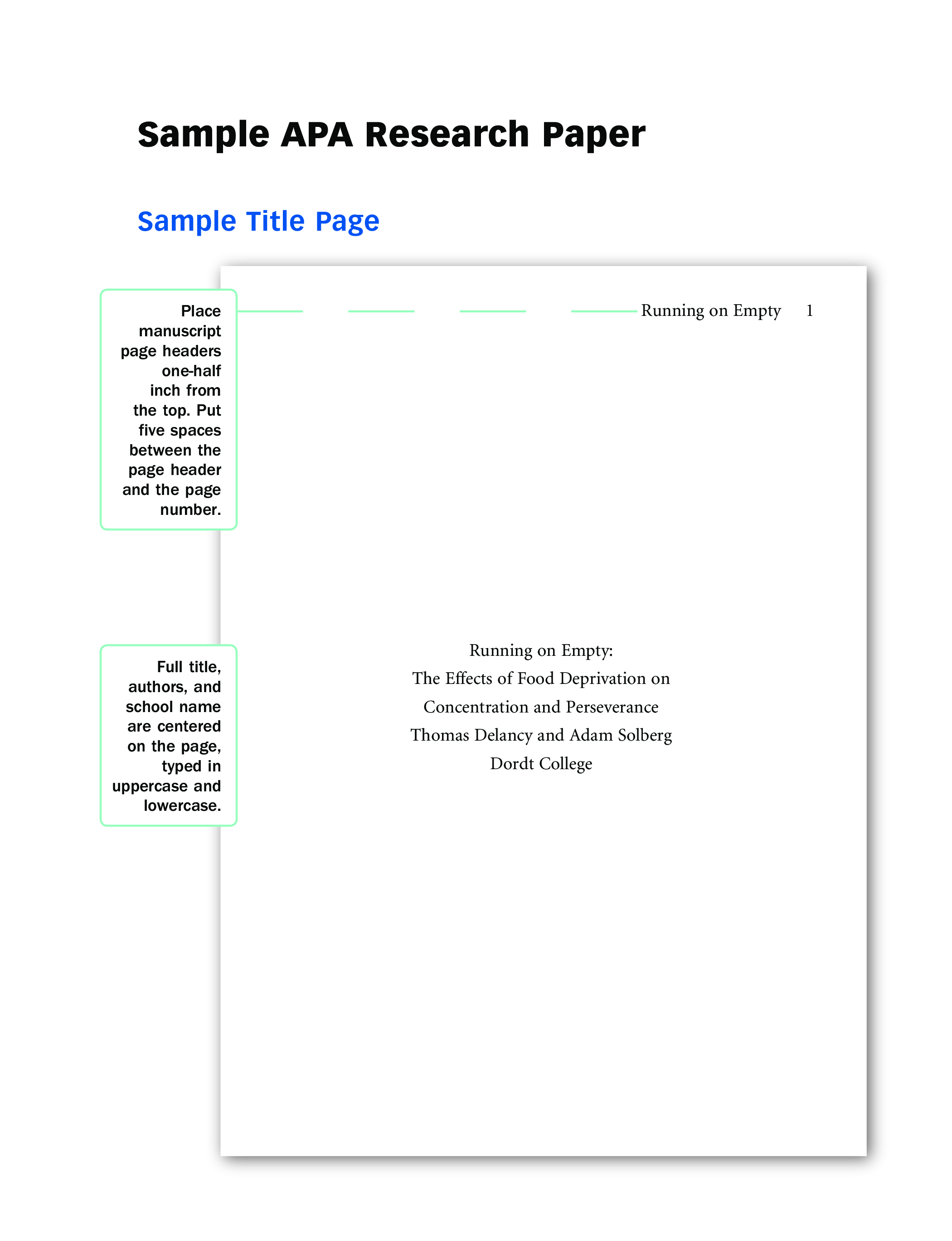Research Paper template

Guardar, completar los espacios en blanco, imprimir, listo!
How to compile an academic Research Paper? Are you looking for a template for your Research Paper? Download our sample template now that is easy to use and designed to help you create a professional research paper.
Formatos de archivo disponibles:
.pdf- Este documento ha sido certificado por un profesionall
- 100% personalizable
Business Negocio Education Educación study estudiar food comida Research Investigación Science Ciencia Paper Papel Academic Académico Guide To Research Papers Guía de trabajos de investigación Participants Participantes Academic Research Investigación académica Research Project Proyecto de investigación Research Report Informe de investigación Concentration Concentración Deprivation Privación Perseverance Perseverancia fundamental research applied research technical research research template research work research activities research documents documentos de investigacion research reports reportes de investigación
How to compile an academic Research Paper? Are you looking for a template for your Research Paper? Our templates are easy to use and designed to help you create a professional research paper. We also offer helpful tips and advice on how to write an effective research paper. Download this Research Paper template that will perfectly suit your needs!
A research paper is a scholarly document that presents the results of original research or investigation on a particular topic. It is a formal piece of academic writing that contributes new knowledge, insights, or perspectives to a specific field of study. Research papers are a common assignment in higher education and are often published in academic journals.
Compiling an academic research paper involves several key steps. Here's a general guide to help you through the process:
- Choose a Topic:
- Select a research topic that is of interest to you and relevant to your field of study.
- Conduct a Literature Review:
- Review existing literature to understand the current state of knowledge on your chosen topic. Identify gaps in the literature that your research can address.
- Formulate a Research Question or Hypothesis:
- Clearly define your research question or hypothesis. This will guide the rest of your research.
- Develop a Research Plan:
- Outline the methodology you will use to conduct your research. Specify the research design, data collection methods, and analysis techniques.
- Collect Data:
- Carry out your research and collect relevant data. Ensure that your data collection methods are rigorous and align with your research plan.
- Organize Your Findings:
- Analyze your data and organize your findings. Use tables, charts, graphs, or other visual aids to present data effectively.
- Write the Introduction:
- Introduce your research paper with background information on the topic, the significance of your study, and the research question or hypothesis.
- Write the Literature Review:
- Provide a comprehensive review of the relevant literature. Discuss previous studies and their findings, highlighting the gaps your research aims to fill.
- Present Your Methodology:
- Describe your research design, participants, data collection methods, and analysis procedures. Ensure that your methodology is detailed enough for others to replicate your study.
- Present Your Results:
- Present your findings in a clear and organized manner. Use text, tables, and figures to convey your results effectively.
- Discuss Your Findings:
- Interpret your results and discuss their implications. Address any limitations of your study and suggest avenues for future research.
- Write the Conclusion:
- Summarize the main findings of your study and their significance. Restate your research question or hypothesis and discuss the broader implications of your work.
- Write the Abstract:
- Summarize your entire paper in a concise abstract. Highlight the key objectives, methods, results, and conclusions.
- Create Citations and References:
- Cite all the sources you used in your paper following the appropriate citation style (APA, MLA, Chicago, etc.).
- Proofread and Edit:
- Carefully proofread your paper for grammatical errors, clarity, and coherence. Consider seeking feedback from peers or mentors.
- Format Your Paper:
- Ensure that your paper follows the formatting guidelines specified by the target journal or conference.
- Submit Your Paper:
- Submit your research paper to a relevant journal or conference, following their submission guidelines.
Remember to consult the specific guidelines provided by the target publication venue or institution, as requirements can vary. Additionally, seek feedback from mentors or colleagues to improve the quality of your paper.
Download this ready-to-use and easily customizable Research Papers template now!
DESCARGO DE RESPONSABILIDAD
Nada en este sitio se considerará asesoramiento legal y no se establece una relación abogado-cliente.
Deja una respuesta. Si tiene preguntas o comentarios, puede colocarlos a continuación.
